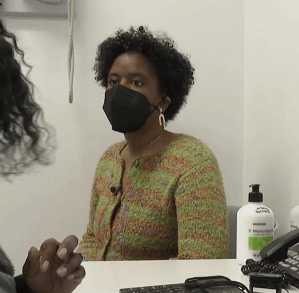A racially biased kidney function test has kept thousands of Black Americans waiting unnecessarily long for life-saving kidney transplants, a recent investigation reveals. The test, which used different calculations for Black and non-Black patients, overestimated kidney health in Black individuals, delaying their placement on transplant waiting lists.
Jazmin Evans, a 29-year-old Philadelphia resident, experienced this injustice firsthand. She discovered she should have been placed on the transplant list in 2015 instead of 2019, losing four crucial years of wait time due to the biased test.
In response to this systemic inequity, the U.S. organ transplant network has taken unprecedented action. Over 14,300 Black kidney transplant candidates have had their wait times adjusted, with an average increase of two years. This correction has already resulted in more than 2,800 Black patients, including Evans, receiving transplants.
The issue stems from a widely used equation that calculated kidney function differently for Black patients, based on outdated and false assumptions about racial differences in physiology. This practice exacerbated existing disparities, as Black Americans are already over three times more likely than white people to experience kidney failure.
Dr. Martha Pavlakis of Boston’s Beth Israel Deaconess Medical Center calls this correction attempt “restorative justice.” Hospitals were given a year to review records and adjust waiting times for affected Black patients.
While this effort marks a significant step towards addressing racial inequities in healthcare, experts emphasize that it’s just one example of a larger problem. Numerous medical algorithms and formulas have incorporated race in ways that disadvantage people of color, prompting a broader reevaluation of these practices across various medical fields.
See “A biased test kept thousands of Black people from getting a kidney transplant. It’s finally changing” (March 18, 2024)



